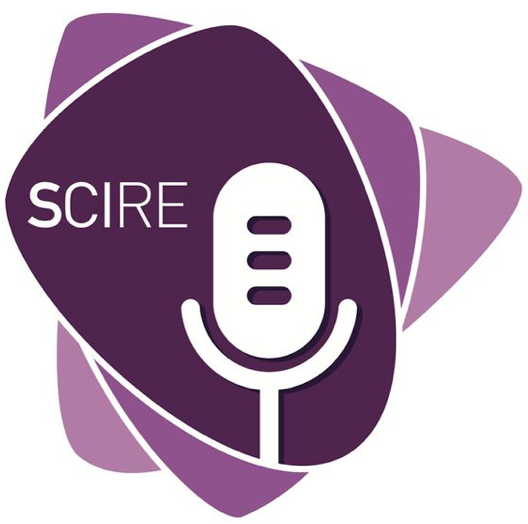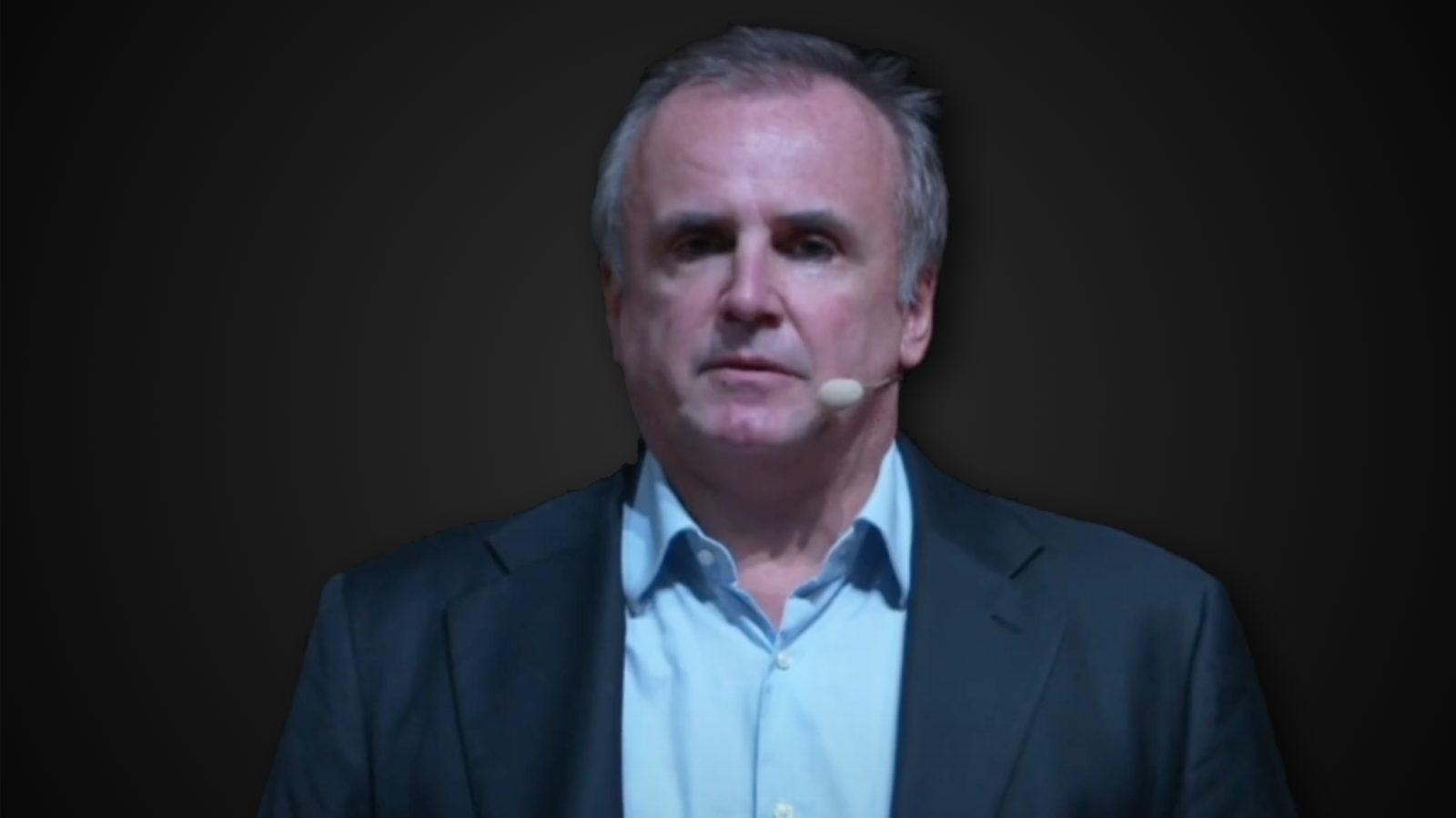I premi Nobel per la fisica di quest'anno sono stati conferiti a due climatologi, Syukuro Manabe e Klaus Hasselmann, e a un fisico teorico, Giorgio Parisi. In entrambi i casi, è stata premiata la fisica dei sistemi complessi, come quella che descrive gli storni di rondine o i vetri di spin, ma anche la nostra atmosfera e biosfera. Premiare due climatologi assieme a un fisico teorico contribuisce sicuramente ad accrescere l'autorevolezza della scienza del clima; d'altra parte, lo stesso Parisi ha dimostrato una forte sensibilità in tema, rilasciando dichiarazioni e interventi sull'importanza della lotta ai cambiamenti climatici.
Il Nobel per la fisica 2021 consacra la scienza del clima
Primary tabs
Fonti
prossimo articolo
Karen Hallberg, on peace and science
In a world marked by wars and global crises, the new Secretary General of Pugwash tells us about the challenges of disarmament and the value of scientific dialogue for peace (photo: Karen Hallberg, source Wikipedia).
Pugwash is the name of a Canadian fishing village and a commitment to peace. In July 1957, at the height of the Cold War, twenty-two scientists gathered here for the first Pugwash Conference on Science and World Affairs. The group was led by the mathematician and philosopher Bertrand Russell, who, two years earlier on 9 July 1955, presented the Russell and Einstein Manifesto in London's Caxton Hall. In this manifesto, the philosopher and physicist (who died in April but had signed it) called on the world to renounce war.









